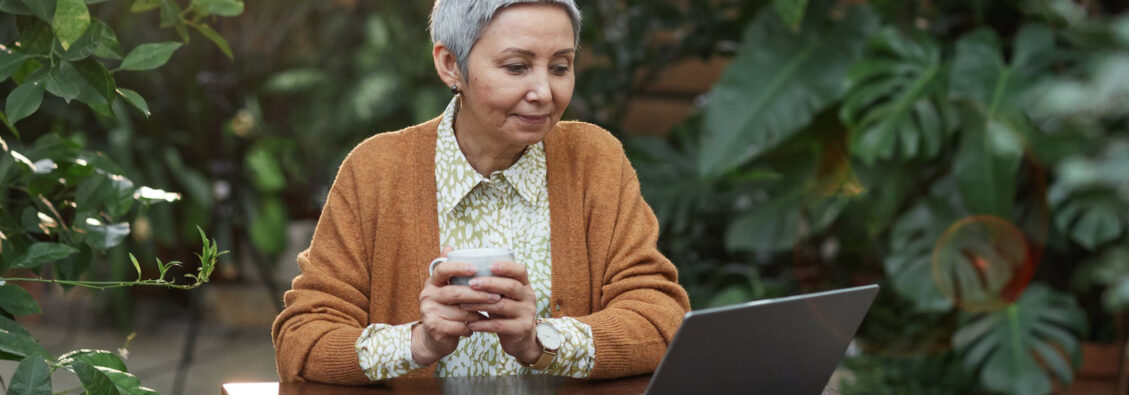Our Family Caregiver study has begun

We get a lot of positive feedback on our Mindful Family Caregiving program. We hear the comments from family caregivers in our sessions, sharing how the course has helped them, and we read in our course evaluations about the value of the course to those who take it. But while individual feedback is a good indicator that you are doing something right, it isn’t very reliable. For example, there is a chance that you are not hearing from people who didn’t like the course, with only those who liked it filling in the evaluation. And maybe people say nice things to the instructors in the course out of politeness rather than because it was what they felt.
That’s why we wanted to run a robust Caregiver Study, supported by academics, to collect a higher standard of evidence. This study will allow us to have more confidence in the results we find, and be more certain the results aren’t based on chance or other factors like politeness.
The need for better quality evidence
There are many reasons why we wanted more reliable evidence of the impact of our course. First, we want to know what is working and what isn’t so that we can improve our course and make it even more effective in supporting caregivers. Second, other organizations such as healthcare providers and corporate organizations are becoming more interested in our courses to support their members. These organizations, however, want proof that our course does what it claims to do, and that’s where our evidence will come in. And finally, we want to contribute to the small but growing evidence base on the benefits of mindfulness for caregivers.
The Study Design
We started by talking to the experts, Professor Janice Bell and Professor Philippe Goldin from UC Davis and Michael Juberg from the University of Hawaii. With their help, we decided on a list of areas we wanted to measure, including wellbeing, stress, anxiety, and also more qualitative data like how people are using what they learn in the sessions.
We then drew a study design (below) that captures data on these areas at four different times – a month before the course, immediately before the course, immediately after the course, and a month after the course.
This design allows us to compare any changes in a person in a month when they don’t take our course (comparing Survey 1 to Survey 2), against the changes they show in a month when they do take our course (comparing Survey 2 to Survey 3).
Our final step was creating our surveys, and getting our design passed by the Institutional Review Board at UC Davis, which ensures that our study was safe and would cause no harm to participants.
Launch time
We had a very positive response to our recruitment with over 200 people applying to participate in the study. We had to close registration early due to demand. All 144 participants have now received their first survey and will begin their course in April 2021.
What we will do with results
Once we have all our results in, we will analyze them to understand where the course has an impact, and if there are any areas that the course is particularly helpful e.g. stress reduction. We will also be able to see if the course is more beneficial for some groups of people over others e.g. does our course do more good for those who spend more time providing care?
We will write up our results and share them widely so that other organizations can see the benefits of our course and learn from our study design and implementation. We will also use the see where we can adapt our course to make it even more effective.
We hope to run further waves of our study in the future to add to our data and increase our knowledge. If you are interested in participating in a future study please sign up here. If you are interested in working with us on a study, please email sarah@zencaregiving.org.
We’d like to thank the Stupski Foundation for their generous support of the study, Prof Janice Bell, Prof Phillippe Goldin, and Michael Juberg for sharing their time and knowledge so generously and everyone who shared our study with their community, enabling us to reach such a large family caregiving audience.

